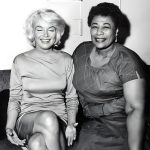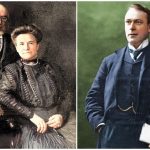When someone asks what the deadliest peacetime maritime disaster in history is, the answer is always the sinking of the Titanic.
The tragedy resulted in the deaths of more than 1,500 people, including John Jacob Astor IV, one of the richest men of that time.
It is overwhelming to consider that he had enough money in his bank account to build 30 Titanics.
Yet, when faced with life-or-death choices, he did what he believed was right: he gave up his spot in a lifeboat to save children and women, including his pregnant wife.
John Jacob Astor IV’s Life Before Titanic Tragedy
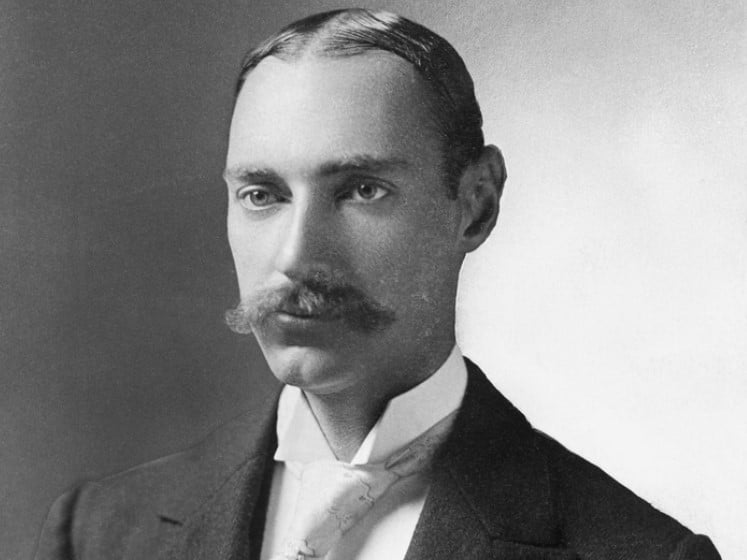
Back in the early 1700s, John Jacob Astor made his way to America from a tiny village in Germany to build a legacy. According to Biography, he started out in the fur-trading game that helped him hit it big in real estate.
By the time John Jacob Astor IV, son of William Astor and Caroline Webster Schermerhorn, was born in 1864, the Astor name was synonymous with high society and massive wealth.
As an heir to the family fortune, John Jacob Astor IV got the best education money could buy. He kicked things off at St. Paul’s School in Concord before heading to Harvard University.
After a stint abroad, he returned to New York City to dive into the family business
In 1893, William Waldorf Astor had a bone to pick with his cousin, John Jacob Astor IV. So what did he do? He went and built the Waldorf Hotel right on Fifth Avenue and 33rd Street.
Not to be outdone, John fired back in 1897 by throwing up the Astoria Hotel on the corner next door. Eventually, the cousins decided to combine their hotels and the Waldorf-Astoria Hotel was born. For the next few decades, the hotel was considered one of the best hotels in the country and even in the world.
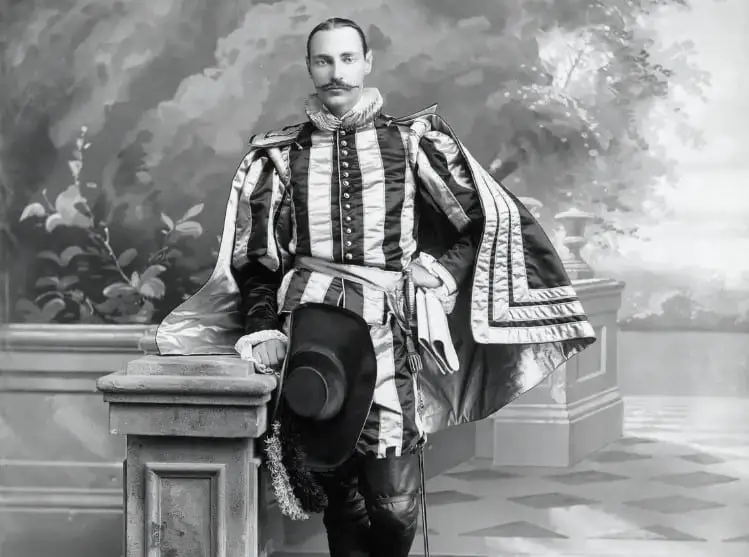
Then, in 1904, Astor doubled down on the hotel game by opening the St. Regis Hotel. The New York Times dubbed it “the finest hotel in America” at the time.
Astor had big plans for the St. Regis, making sure it was loaded with the latest tech, like a phone in every room. So not only was it fancy, but it was also practical as can be.
In 1898, he came up with a brake for bikes, a machine called a vibratory disintegrator, and something called a pneumatic road-improver. He even helped invent a turbine engine.
When he was 47, he met Madeleine Talmage Force, who was just 18. Their marriage caused quite a stir because divorces were rare back then, and remarrying was even rarer.
Their relationship was so scandalous that it even ended up in a movie years later. In the 1997 film “Titanic,” Rose mentioned Astor and his pregnant wife to Jack.
She said, “His little wifey there Madeleine is my age and in delicate condition. See how she’s trying to hide it? Quite the scandal.”
When Madeleine got pregnant in 1912, they decided to head back to New York from Europe. Astor booked them a room on the Titanic.
Colonel Astor’s Sacrifice During The Titanic’s Final Hours
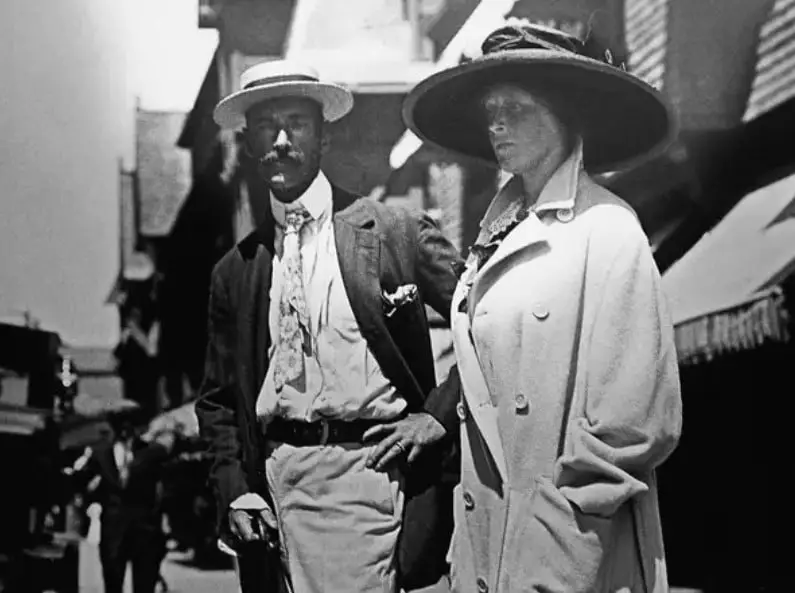
On the night of April 14th, the Titanic hit an iceberg. Many passengers did not take the orders to go above and put on life vests seriously. Colonel Astor checked things out and told his wife the damage did not seem bad.
They stayed in their suite with their servants, watching the boats being loaded in the gymnasium for a while. Colonel Astor did not seem too worried at first.
He thought they’d be safer on the ship’s solid decks than in the lifeboats. But by 1:45 am, he changed his mind and realized how serious the situation was.
Colonel Astor helped his wife and her maid get into lifeboat 4, the last one to be loaded that night. He wanted to join them, saying his wife was pregnant and he wanted to support her.
However, he was told only women and children could board. So, he went back to the deck after giving his wife a kiss goodbye.
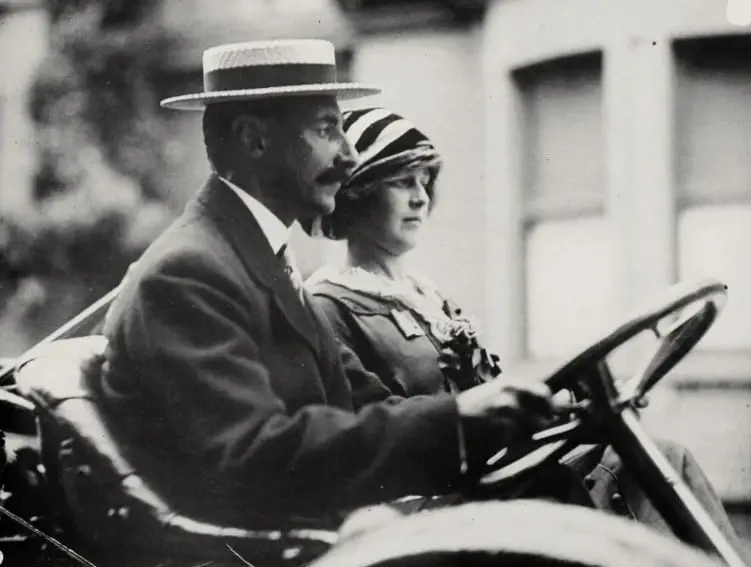
There are stories that Colonel Astor then helped other women get into lifeboat 4. Mrs. Hippach and her daughter said he even stopped the lifeboat from lowering so they could climb in through a porthole.
They believe he saved their lives. There is a rumor that he finally got a spot in a lifeboat but decided to give it up to save two frightened children. People who saw him said he seemed calm, even though there was panic all around.
The man was willing to give up everything, including his money and lives, rather than go against what he believed was right. Their choice in favor of moral values showed just how great people can be and how advanced our society is.

